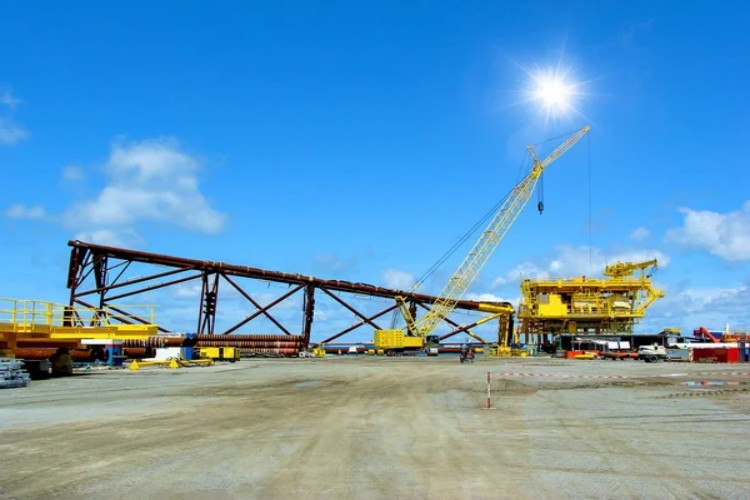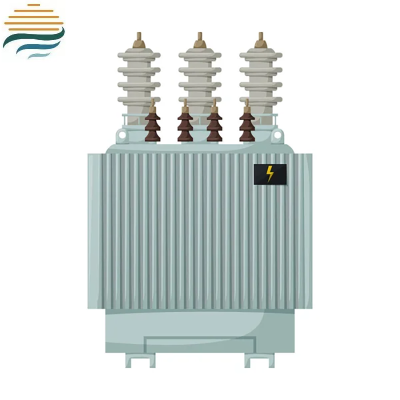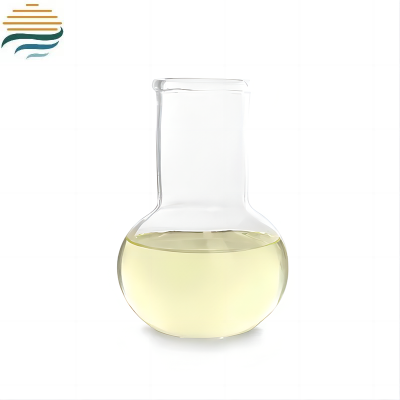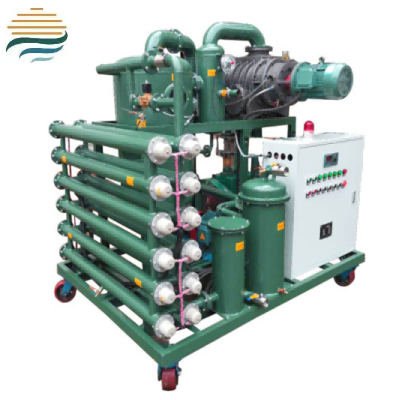Advanced advice for purchasing transformer oil: International compliance and cost control techniques
For foreign trade enterprises or multinational project procurement, in addition to focusing on oil quality and selection, it is also necessary to consider international compliance requirements and cost control to achieve maximum procurement efficiency. The following provides advanced purchasing guidance from two aspects: international certification and cost optimization.
1. Compliance certification in the international market: the key to breaking through trade barriers
European and American markets: Transformer oil exported to Europe must comply with REACH regulations (SVHC substance content ≤ 0.1%) and IEC 60296 standards, and must also pass CE certification (electrical safety). If used for substations around food processing enterprises, it must also comply with the FDA 21 CFR Part 178.3620 standard (requirements for food contact grade lubricants). The US market requires oil products to be UL certified (such as UL 1561 Transformer Oil Safety Standard) and meet ASTM D3487 standards (Type I/II/III classification).
Southeast Asian market: ASEAN countries (such as Malaysia and Indonesia) require transformer oil to comply with IEC 60296 standards and provide local certifications such as SIRIM (Malaysia) and SNI (Indonesia). Taking the Indonesian market as an example, the flash point of oil products should be ≥ 140 ℃ and the pour point should be ≤ -25 ℃, suitable for tropical climates and high humidity environments during the rainy season. In addition, some countries (such as Thailand) also require carbon footprint reports (compliant with ISO 14067 standard) to promote green procurement.
Middle East market: The Middle East region experiences high temperatures and dryness (with summer temperatures reaching over 50 ℃), and transformer oil needs to have excellent high-temperature stability while complying with GSO certification (Gulf Standards Organization). According to the GSO 1945:2023 standard, the oxidation stability (acid value after oxidation) of oil products should be ≤ 0.2mgKOH/g, and the dielectric loss factor (90 ℃) should be ≤ 0.008 to ensure long-term operation in high temperature environments.
2. Procurement cost optimization: a strategy to balance quality and budget
Batch purchase negotiation: For enterprises with an annual purchase volume exceeding 50 tons, they can sign long-term supply agreements with suppliers (such as more than 1 year) and strive for a price discount of 5% to 10%. Taking a multinational power company as an example, after signing an annual 100 ton Type II transformer oil procurement agreement with Yanshan Petrochemical, the unit price decreased from $850/ton to $780/ton, saving $7000 in annual procurement costs.
Supply chain optimization: Choose suppliers close to the port to reduce transportation costs. For example, for oil products exported to Southeast Asia, priority should be given to suppliers in Guangzhou and Shenzhen, as shipping costs are 15% to 20% lower than those of inland suppliers. At the same time, the "whole ship transportation+port allocation" model can be adopted to reduce storage and transportation costs in intermediate links.
Full lifecycle cost considerations: Although the initial procurement cost of synthetic or natural ester transformer oil is higher (about 3-4 times that of mineral oil), its service life is longer (mineral oil has a service life of about 15 years, while synthetic ester oil can reach 30 years), and maintenance costs are lower. Taking a 220kV transformer as an example, the full life cycle (30 years) cost of using synthetic ester oil is 22% lower than that of mineral oil (data source: FMI 2024 Transformer Oil Market Report), making it more economical in the long run.
In short, the storage and maintenance of transformer oil, industry selection, and international procurement need to be combined with scenario requirements and compliance requirements, and achieve a balance between oil performance and cost through scientific methods. Whether it is power companies, new energy project parties, or foreign trade purchasers, mastering these professional knowledge can better ensure the safe operation of equipment, improve procurement efficiency, and provide strong support for the sustainable development of enterprises.





